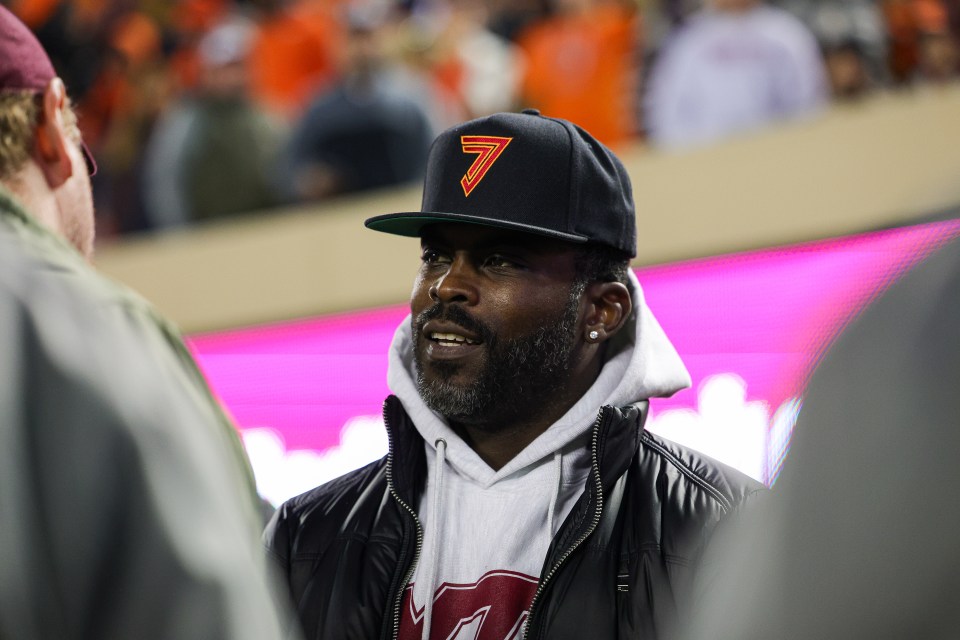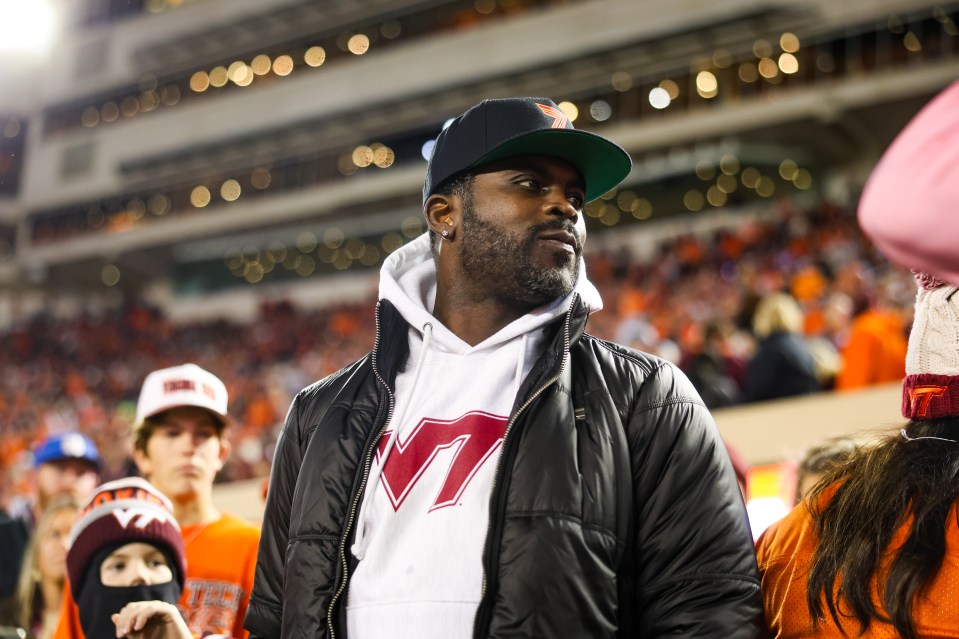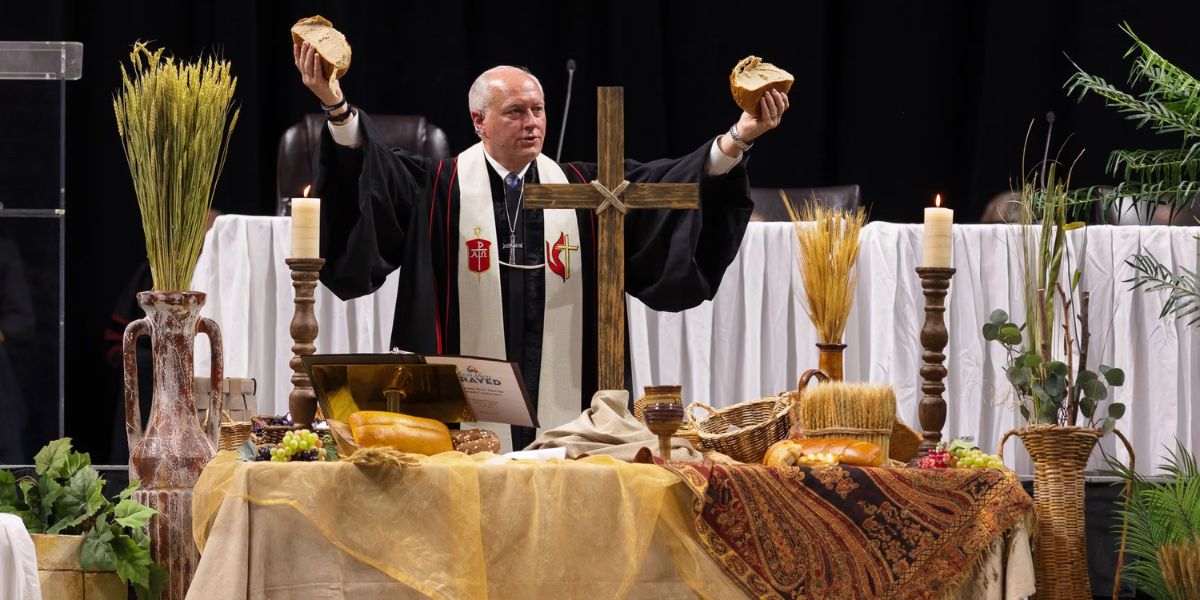Alabama Supreme Court Denies Dismissal of Church Property Case
The Alabama Supreme Court on Friday dismissed the United Methodist Church’s plea to dismiss a case filed by a Dothan megachurch that says it owes the denomination no money to depart.
The Alabama-West Florida Conference of the United Methodist Church had petitioned a Houston County judge to dismiss the case, arguing that it was a church matter and should not be resolved by the courts.
After the Houston County court refused to dismiss the lawsuit, the denomination filed an appeal with the state Supreme Court, requesting that it be dismissed. On February 7, the Supreme Court heard arguments about Harvest Church’s claim to possess its property. The court’s decision to refuse dismissal on Friday will return the case to the lower court for a hearing.
When Harvest Church elected to quit the denomination in November 2022, founder Pastor Ralph Sigler told AL.com that they did not believe they owed the denomination any money.
Some churches of this size that decided to leave paid settlements of up to $4 million, he claimed. According to the pastor, the majority of the church’s more than 1,600 weekly attendees were unaware of their United Methodist connection.
Sigler started Harvest Church in Dothan in 1996, aligning it with the United Methodist Church.
When the burgeoning congregation purchased a 10-acre campus and built a 1,200-seat worship building, church officials failed to incorporate a “trust clause” that would have made the United Methodist Alabama-West Florida Conference the property’s owner.
The church can now function independently.
Founding Pastor Ralph Sigler stated that he has always regarded it as a part of the Methodist Holiness movement, which emphasizes the gifts of the Holy Spirit. It has always been on the conservative side of Methodist doctrine, he stated.
However, the Alabama-West Florida Conference refused to let the church depart unless it paid and followed the same procedures as other disaffiliating churches.
According to Sigler, Harvest Church officials believe the United Methodist Church has failed to enforce its Book of Discipline bans on same-sex marriage and the ordination of openly LGBT clergy since the election of Karen Oliveto, the first openly lesbian bishop, in 2016.
“We are saddened by this litigation, but we are confident that the process we have followed is fair and just,” the conference said in a statement concerning its other complaint before the state Supreme Court, which involves a group of 45 churches who sued the conference and want to leave.
Those churches claimed Bishop David Graves had stalled the disaffiliation procedure in an attempt to “run out the clock” and prevent them from departing. Those churches lost in circuit court after a judge concluded it was an internal church matter, but they have appealed to the state Supreme Court and are waiting for a hearing. On December 31, 2023, the United Methodist Church completed its disaffiliation process, allowing 348 churches to leave the North Alabama Conference and 248 to leave the Alabama-West Florida Conference.
Over the last four years, 7,600 congregations have left the denomination, with another 5,600 expected to do so by 2023. That’s around one-fourth of all United Methodist churches. They left under 2019 criteria, which allowed churches to discuss leaving and taking their property until the end of 2023.
In Alabama, more than half of United Methodist congregations are disaffiliated, totaling approximately 555 churches. Most of these departures have occurred since 2022.










